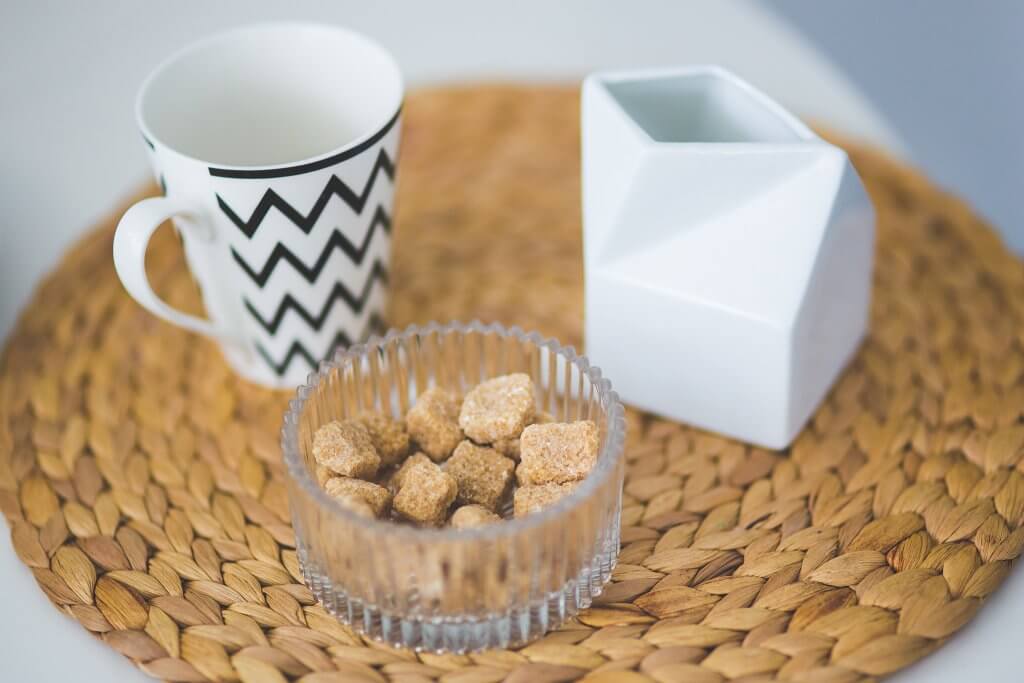Sugar and Your Oral Health: How to Spot Hidden Sugars and Protect Your Teeth
04 November 2015

Keeping your teeth and gums healthy involves having a great oral hygiene routine and a balanced diet. This can be trickier than you might think though, when lots of foods that are packaged as “healthy” options actually contain lots of sugar in different forms. Below are a few names that you might see on ingredients lists that are all really just sugar.
Other names for sugar to look out for on food labels:
- Dextrose
- Honey
- Glucose
- Maltose
- Corn syrup
- Fructose
- Sucrose
- Malt syrup
- Molasses
Which foods contain hidden sugars?
Beware of processed food such as ready meals and pre-made sauces and soups. Although they taste savoury, these can often have high sugar contents, it’s actually sometimes what makes them taste so good!
Eat processed food in moderation and be sure to read product labels carefully. As a rough guide, 2g per 100g of “Carbs of which sugars” is low and 10g per 100g is high.
What can you do to protect your teeth from the effects of sugar?
We recommend rinsing your mouth with water after eating acidic foods such as tomato-based sauces. This will limit the enamel erosion and dental decay caused by the acid. Chewing sugar-free gum after eating also helps fight decay, because it encourages your mouth to produce more saliva, which protects your teeth from acid attack.
The type of sugar that occurs naturally in fruit is called fructose, which causes cavities, so it’s a good idea to drink fruit juice and smoothies through a straw, as this reduces the contact the sugar has with your teeth.
Unfortunately, lots of ‘diet’ or ‘low-fat’ foods contain more sugar than their full-fat equivalents, as this improves their taste, so always check the labels before you buy.
Another important thing to remember is not to eat or drink anything sweet in the hour before you go to bed, if you can help it. This is because your mouth becomes dry in the night and saliva is needed to reduce the impact of acid attack on your teeth.
If you have any questions about sugar consumption and oral health, we’re always happy to help, just ask at your next Healthy Mouth Check!
